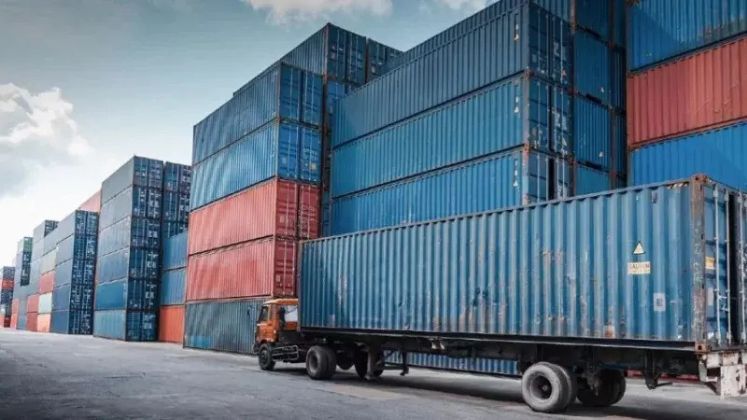
A new challenge has arisen due to reported restrictions imposed by the United States on processing payments associated with the Asian Clearing Union (ACU), which Bangladesh utilises for deferred import payments.
According to reports in the Indian media, the US Office of Foreign Assets Control (OFAC), operating under the US Department of the Treasury, has instructed banks in the US to refrain from handling payments related to the ACU mechanism.
In response to the OFAC directive, Indian banks have sought guidance from the Reserve Bank of India (RBI), their central bank even as the RBI has been instructed by US authorities to halt payment processing associated with the ACU arrangement.
The Asian Clearing Union (ACU) was established in 1974 as a trade-related payment mechanism aimed at fostering regional cooperation, conserving foreign exchange reserves, and promoting trade among its member nations.
ACU’s membership includes India, Bangladesh, Bhutan, Iran, the Maldives, Myanmar, Nepal, Pakistan, and Sri Lanka.
The report indicates that the advisory issued by the US Financial Intelligence Agency could have significant implications for India’s trade settlements with ACU member countries, particularly Bangladesh and Iran.
India presently controls a substantial 93 per cent of ACU’s credit positions.
Indian banks had recently sought intervention from the RBI to address the need for clarity and solutions regarding payment processing in the absence of an alternative mechanism for trade settlement with ACU member nations.
Under the current ACU arrangement, participants are authorised to settle transactions in either US dollars or the European Union’s euro currency.
Bangladesh Bank, the central bank of Bangladesh, is responsible for clearing ACU liabilities amounting to US $ 1 billion approximately every two months.
These developments regarding trade-payment sanctions coincide with concerns about US visa restrictions affecting individuals, institutions, and select media outlets in Bangladesh, all stemming from issues related to the country’s elections even though the BGMEA, the apex garment makers’ body in Bangladesh has claimed the visa restriction would not have any adverse impact on apparel export from the country.






